Norfolk Dad's Army museum celebrates Ian Lavender and Pike's scarf
- Published
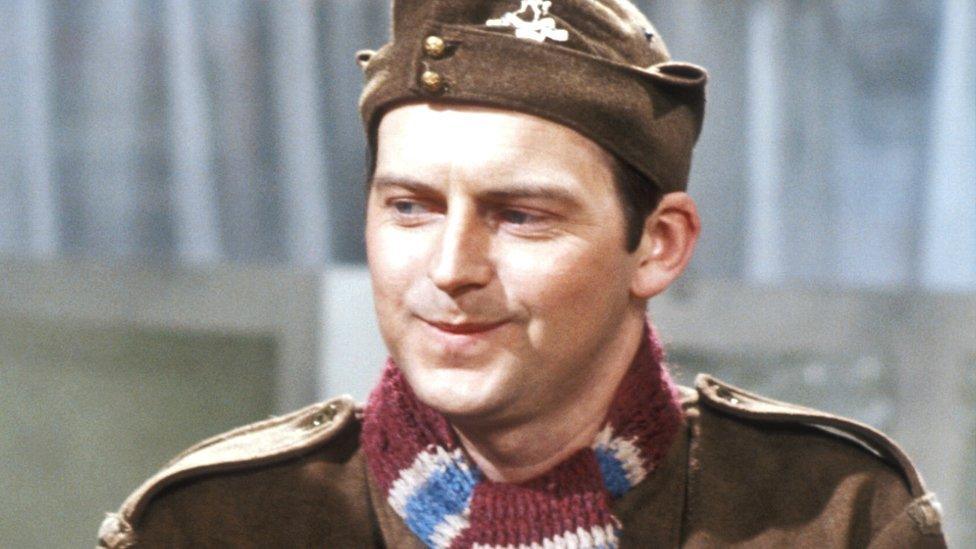
The Dad's Army Museum is paying tribute to actor Ian Lavender with an exhibition which tells the story of Private Pike's scarf
A museum is paying tribute to Dad's Army actor Ian Lavender by telling the story of one of British television's most famous items of clothing.
Lavender, best known for playing Private Pike in the BBC comedy series, died in February aged 77.
The Dad's Army Museum in Thetford, Norfolk, where much of the series was filmed, has created a special exhibition in Lavender's memory.
A feature of the display is the story of Pike's Aston Villa scarf.
The museum reopens for the summer on Saturday.
Museum chairman Stuart Wright said a special exhibition had been set up in tribute to Lavender, who came from Birmingham but lived in Woolpit, Suffolk, and was the last surviving member of the main Dad's Army cast.
He said a feature of a display, which includes a book of condolence, would be the story of the claret and blue scarf Pike almost always wore.
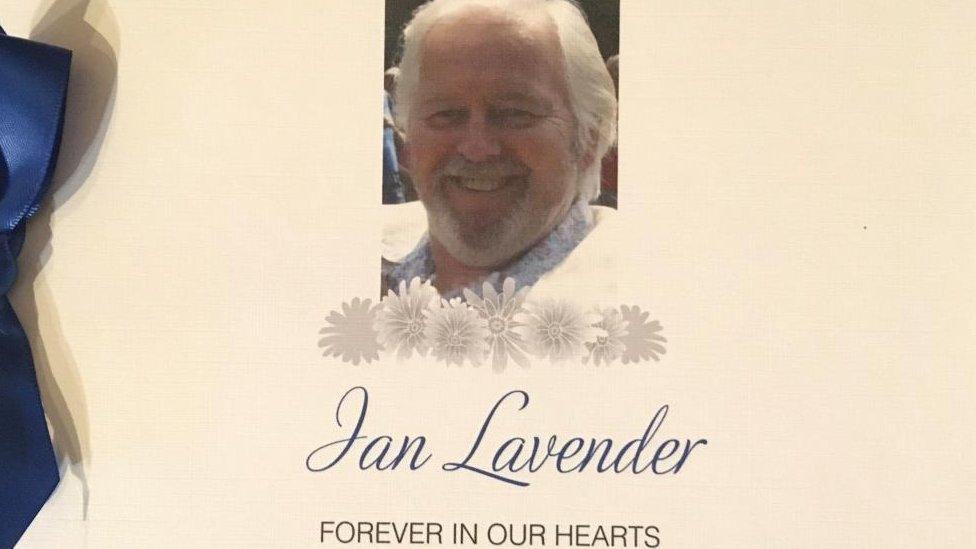
Ian Lavender is being remembered in an exhibition at the Dad's Army Museum
Mr Wright said the story began with David Croft, who co-wrote Dad's Army with Jimmy Perry.
"Ian was told by David Croft to choose some hideous clothing from the BBC props," Mr Wright explained.
"He first chose an MCC - Marylebone Cricket Club - sweater and then an MCC tie.
"He saw the scarf and, because it was Aston Villa colours, it reminded him of his home city, Birmingham."
Mr Wright said the press had eventually "got hold of the story" and Villa invited Lavender to a game.
He added: "Ian attended with his son, who wore his Pike scarf."
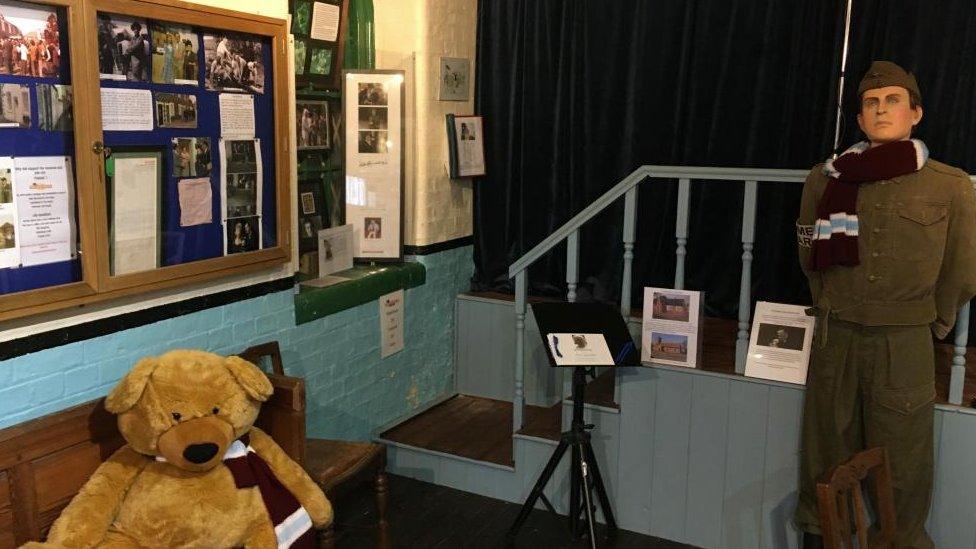
Ian Lavender is being remembered in an exhibition at the Dad's Army Museum
Dad's Army, which ran between 1968 and 1977, featured the exploits of the fictional Walmington-on-Sea Home Guard during World War Two.
Mr Wright said Lavender's death marked a new phase for the museum. which opened in 2007.
"He's the last of the main characters," said Mr Wright.
"His death takes us on to a another stage of the museum."
He said Lavender had visited the museum a number of times.

Follow East of England news on Facebook, external, Instagram, external and X, external. Got a story? Email eastofenglandnews@bbc.co.uk , externalor WhatsApp 0800 169 1830
Related topics
- Published1 March 2024
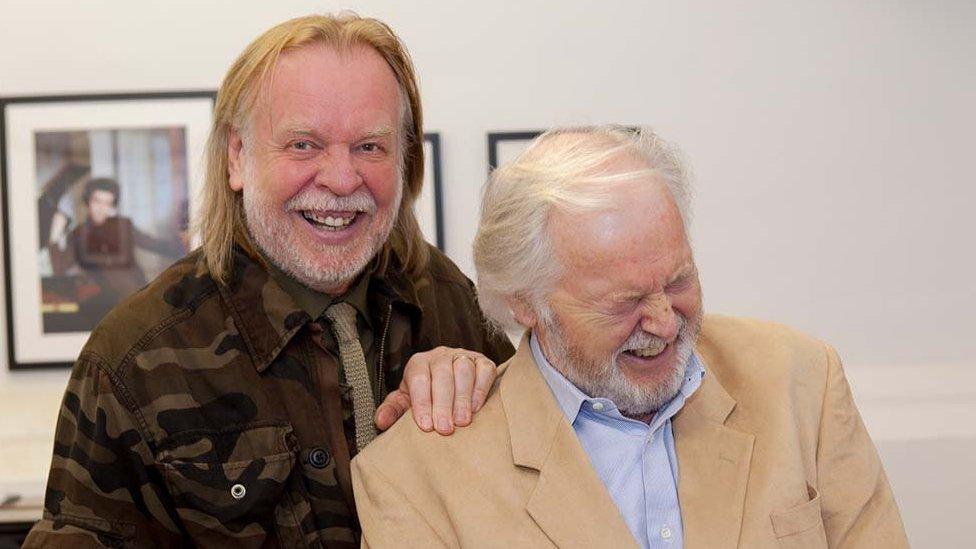
- Published6 February 2024
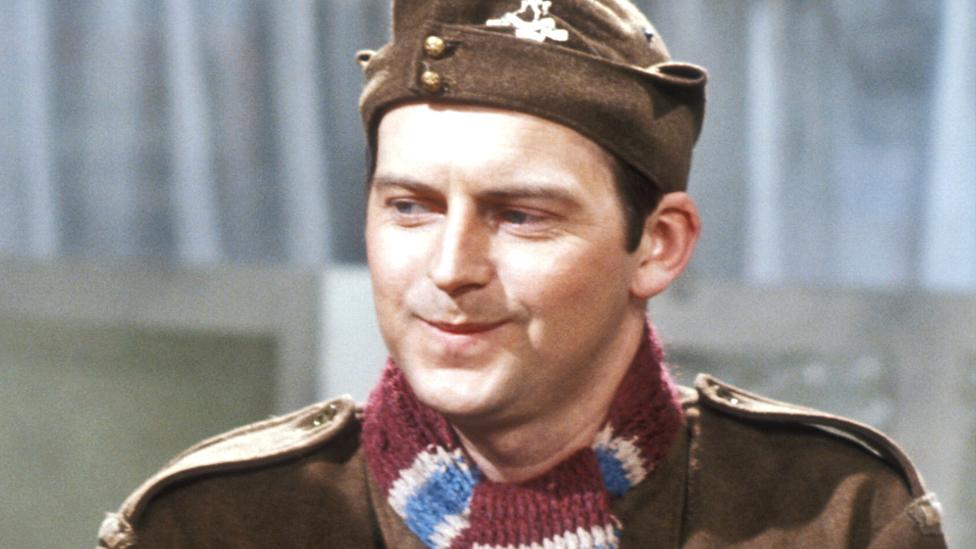
- Published5 February 2024
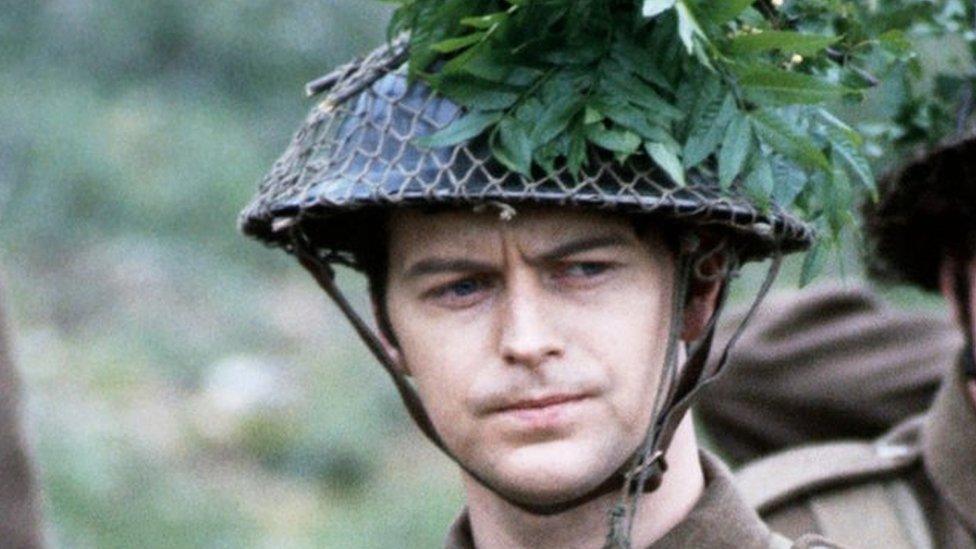
- Published5 February 2024

- Published4 November 2016
